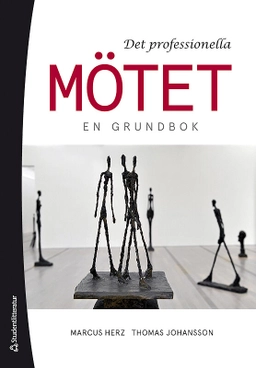

Cults, territory, and the origins of the Greek city-stateUpplaga 2
- Upplaga: 2a upplagan
- Utgiven: 1995
- ISBN: 9780226673349
- Sidor: 204 st
- Förlag: University of Chicago Press
- Format: Häftad
- Språk: Engelska
Om boken
Åtkomstkoder och digitalt tilläggsmaterial garanteras inte med begagnade böcker
Mer om Cults, territory, and the origins of the Greek city-state (1995)
1995 släpptes boken Cults, territory, and the origins of the Greek city-state skriven av François de Polignac. Det är den 2a upplagan av kursboken. Den är skriven på engelska och består av 204 sidor. Förlaget bakom boken är University of Chicago Press.
Köp boken Cults, territory, and the origins of the Greek city-state på Studentapan och spara uppåt 8% jämfört med lägsta nypris hos bokhandeln.
Referera till Cults, territory, and the origins of the Greek city-state (Upplaga 2)
Harvard
Oxford
APA
Vancouver



















